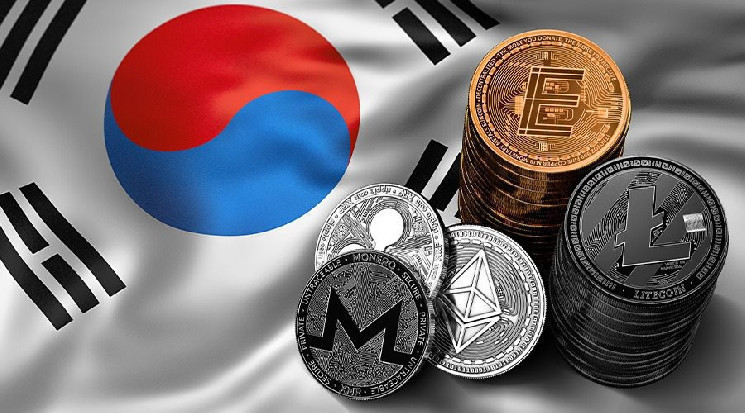The introduction of crypto staking services, where users can deposit their coins to earn rewards, in South Korea has intensified competition among exchanges, The Korea Times reported. This service has expanded the scale of staking services into trillions of dollars and introduced service brokerage fees as a new source of income for exchanges.
Staking services, where investors deposit their coins to validate blockchain networks and receive rewards, have gained traction in the cryptocurrency market. Unlike traditional bank deposits, exchanges do not manage the coins but act as proxies, charging brokerage fees for the service.
Upbit has reportedly surpassed 3 trillion won ($2.1 billion) in staking assets. Upbit, the largest domestic exchange, has surpassed 3 trillion won in staking assets. It distinguishes itself by directly operating the entire staking process without outsourcing. The exchange offers staking services for Ethereum, Cosmos, ADA, Solana, and Polygon, with estimated reward rates per year ranging from 2.6 percent to 16.6 percent.
However, Upbit deducts 10 percent from the rewards as brokerage fees before distribution. On the other hand, Bithumb and Coinone, the second and third-largest exchanges, differentiate themselves by offering daily staking services. This gives investors more flexibility in depositing and withdrawing their coins compared to traditional staking services.
Despite the popularity of staking services, experts warn of risks such as hacking and technological malfunctions. Additionally, regulatory frameworks are needed to address concerns about security and investor protection.
Expect ongoing updates as this story evolves.
Read the full article here

